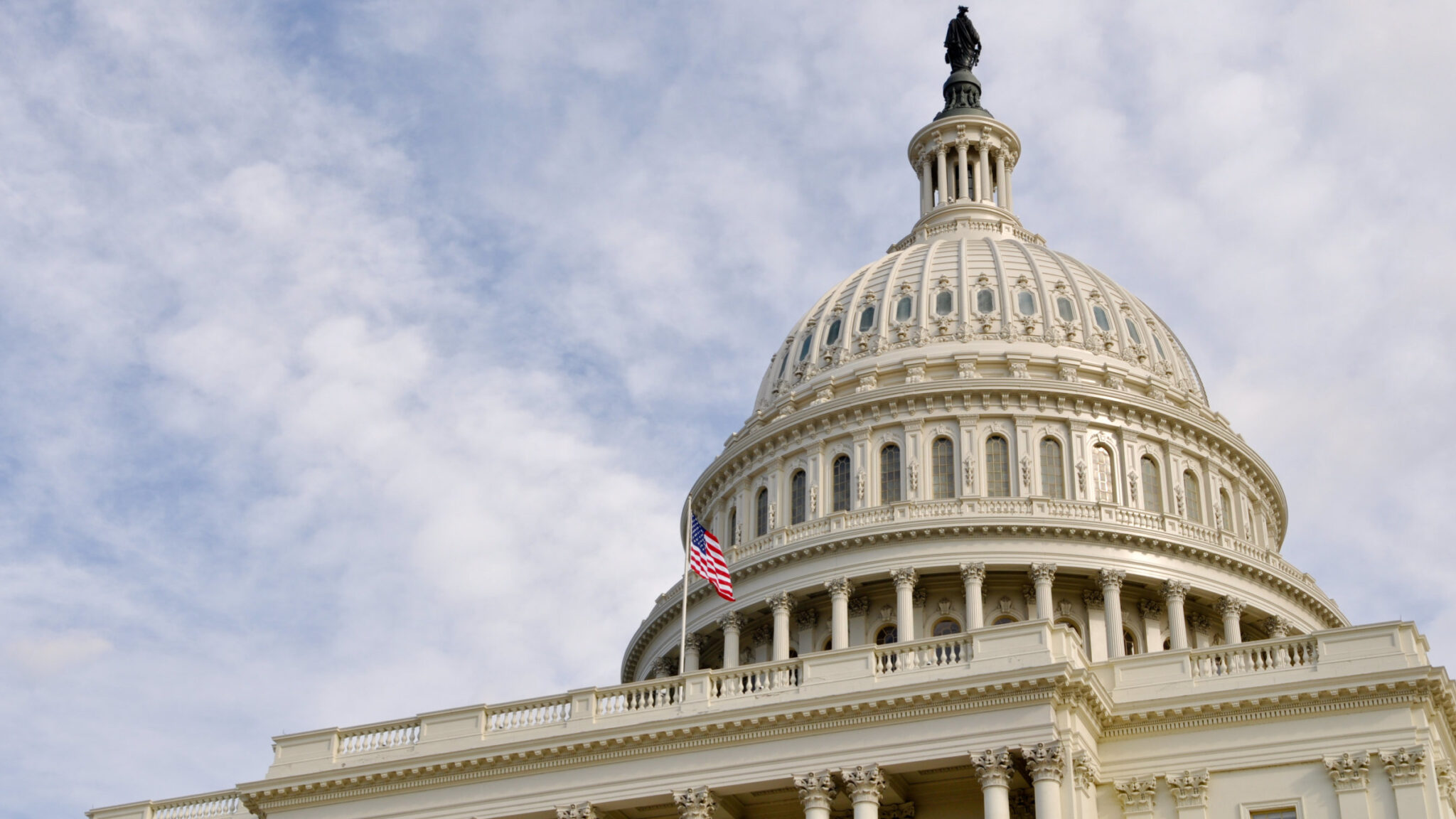
How McKinsey used its FDA connections to help opioid manufacturers: New congressional report
Following reports that McKinsey engaged in abusive and deceptive business practices to stoke the flames of the opioid epidemic, the House Oversight Committee on Wednesday …
Sign up to read this article for free.
Get free access to a limited number of articles, plus choose newsletters to get straight to your inbox.